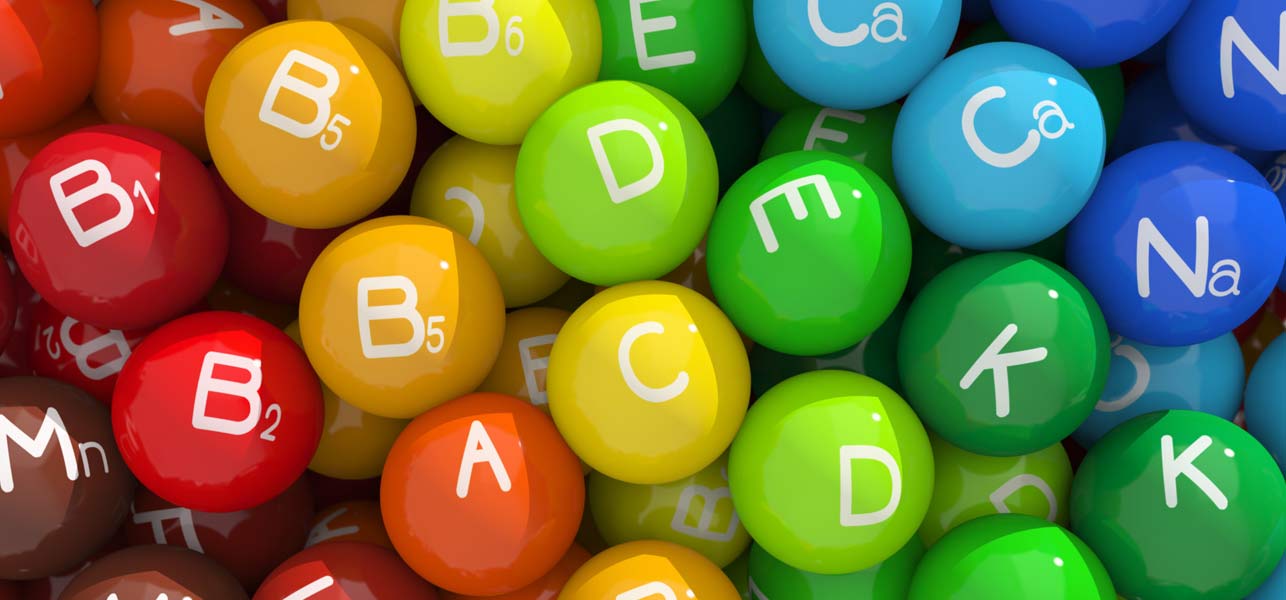Recognizing and Resolving Common Vitamin Deficiencies, by J.F. Texas
Ideally every person from birth through old age would get all the nutrients they need from the food they consume, but deficiencies occur. There are times when the optimal amount of nutrients from food intake are not possible. People who consume energy-dense, nutrient-poor foods can develop a marginal micronutrient intake and low serum concentrations of vitamins. In times of food shortages or limited access to fresh foods, nutrient deficiencies can become even more common, especially vitamin deficiencies. What are vitamins? Vitamins are organic molecules required in small amounts to prevent deficiency signs and symptoms. The most concern is for water-soluble vitamins—the B vitamins and vitamin C. These are essential nutrients the body cannot make. The body does not store water soluble vitamins in large quantities. You should consume them every day. Water-soluble vitamins are lost during processing because they are fragile. This increases the risk of inadequate intake even in…


